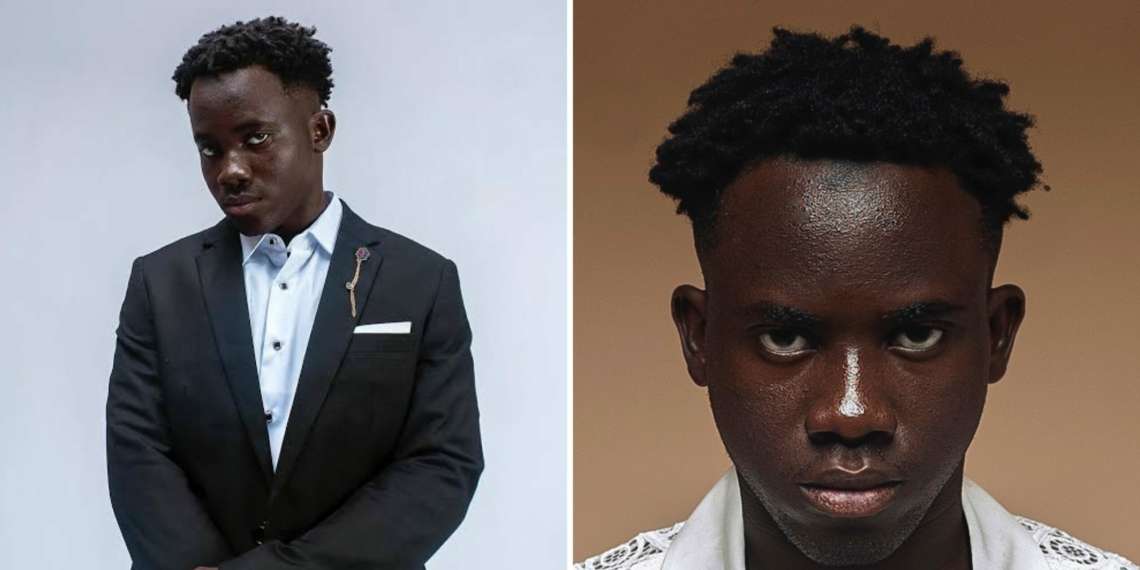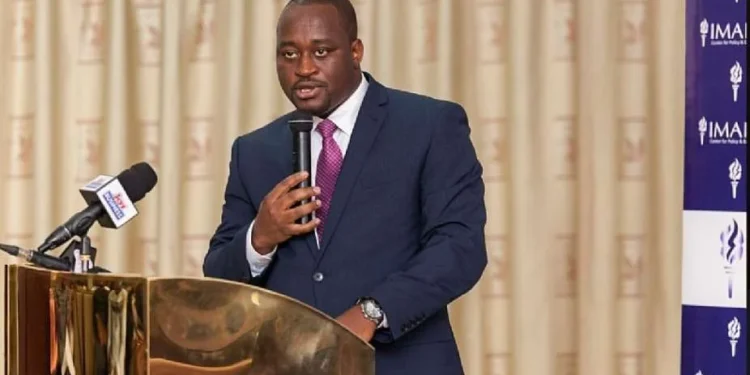In the digital age, the landscape of entertainment and creative expression has transformed dramatically.
While musicians have long been celebrated for their artistry and ability to connect with audiences, a new breed of creators has emerged—content creators.
These individuals, often leveraging platforms like YouTube, TikTok, Instagram, and Twitch, are reshaping how we perceive support, collaboration, and community in the creative space.
Nigerian content creator, Gilmore, has sparked a conversation with his recent statement that content creators support each other more than musicians.
Gilmore attributed the significant success of content creators to their mutual support. “Content creators enjoy massive success because it [the content-creating industry] is more supportive than the music industry,” he said.
While the music industry has its share of collaborations, fierce competition for chart positions, awards, and streaming numbers often overshadow it.
In contrast, content creators frequently band together to amplify each other’s work, share audiences, and create joint projects.
For instance, YouTubers might participate in “collab videos,” where they feature each other in their content, introducing their audiences to new creators.
This not only helps grow their respective followings but also creates a supportive ecosystem where creators celebrate each other’s successes.
Gilmore emphasized the crucial role of social media in their success, noting that people now prefer watching content on their phones over traditional television.
“This is 2024; everybody is on their phone. People no longer watch TV. You can make money off social media.”
Gilmore
Content creators often have a more direct and personal relationship with their audiences compared to musicians.
Platforms like Twitch and Instagram enable creators to interact with fans in real-time through live streams, Q&A sessions, and comments.
Musicians, while they do engage with their fans through social media, often have a more curated and less personal interaction due to the nature of their work.
The distance created by the production of music recording, touring, and promotion makes fans feel like mere spectators rather than active participants in a community.
Content creators often prioritize authenticity and relatability, allowing them to foster environments where fans feel seen and supported.
Many content creators openly discuss mental health issues, personal struggles, and the realities of content creation. This transparency creates a safe space for fans to share their experiences and seek support.
While musicians also address mental health in their work, the nature of the music industry often glamorizes struggles without providing a platform for discussion.
Accessibility and Relatability

Content creators often present themselves in a more accessible and relatable manner than traditional musicians.
Many creators start from humble beginnings, sharing their journeys from obscurity to success, which resonates with their audiences.
Musicians, particularly those who achieve significant fame, sometimes become distant figures, leading to a disconnect between them and their fans.
The aspirational nature of the music industry creates a perception of inaccessibility, whereas content creators often share their everyday lives, struggles, and victories, making them more approachable.
Content creators frequently engage in community-driven initiatives, whether it’s raising funds for charitable causes, advocating for social justice, or supporting fellow creators in need.
For example, many creators participate in charity streams or collaborative fundraising efforts, using their platforms to mobilize their audiences for positive change.
While musicians also engage in charitable efforts, the scale and impact of these initiatives are sometimes diluted by the commercial aspects of the music industry.
Content creators, by contrast, often utilize their platforms to create immediate and tangible support for causes they believe in.
While musicians have long held a revered place in the world of creative expression, content creators are carving out a niche that emphasizes community, collaboration, and support.
Through their direct engagement with audiences, emphasis on mental health, and commitment to inclusivity, content creators are redefining what it means to support one another in the creative space.
As the digital landscape continues to evolve, it is clear that the era of content creators is here to stay, and their supportive nature will set a new standard for all creators to follow.
READ ALSO: NDC’s Alleged Plans to ‘Means-Test’ Free SHS Policy






















